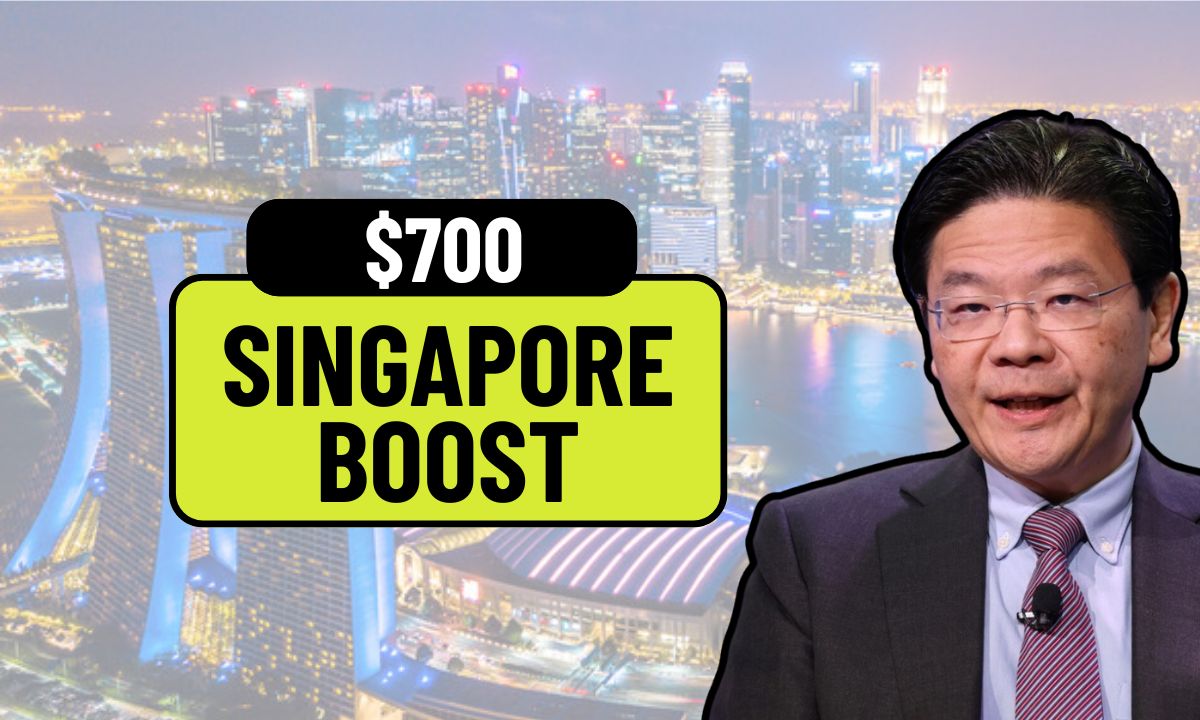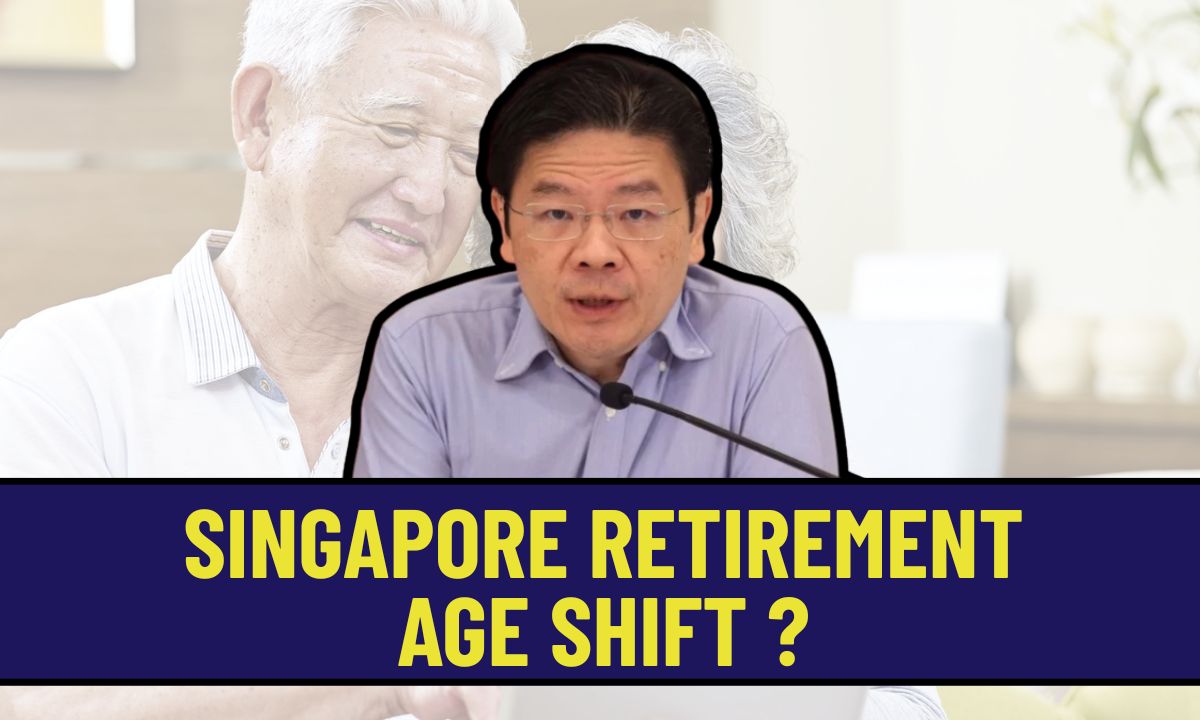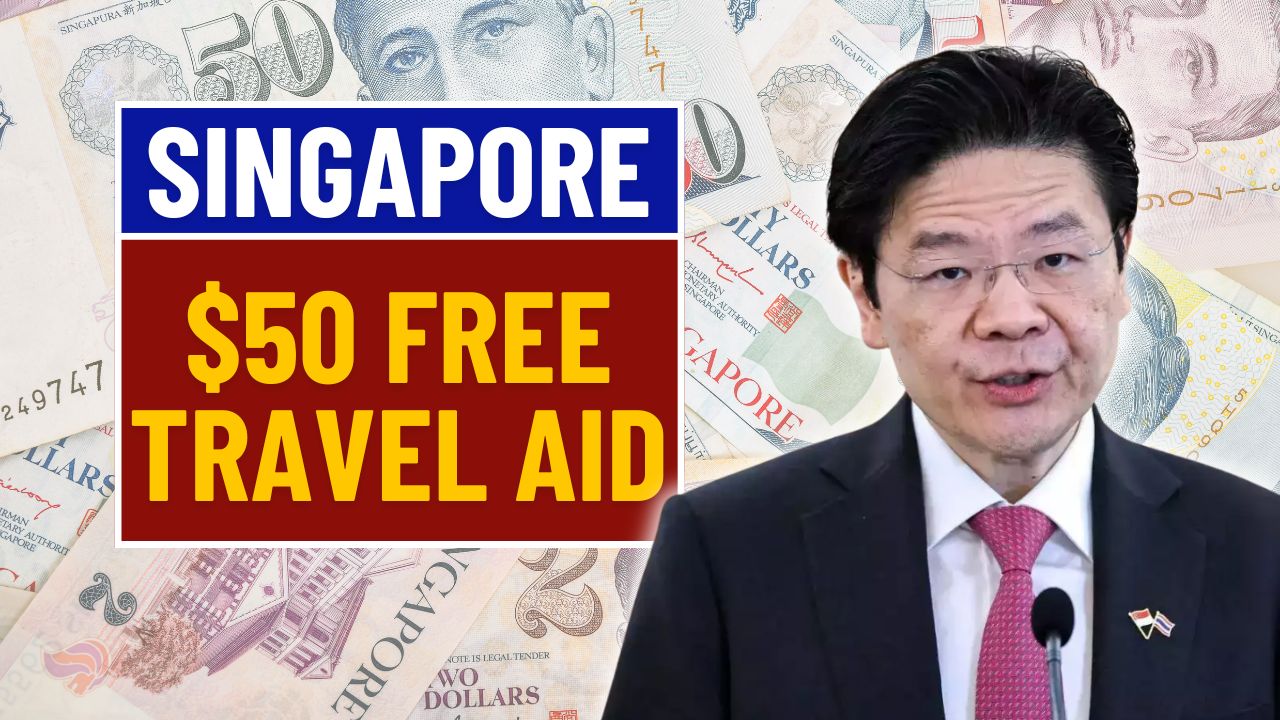In a bold move aimed at strengthening the post-pandemic economy, the Singapore government has rolled out a $1,300 cash boost for eligible small and medium-sized enterprises (SMEs) in 2025. This grant is part of a wider support initiative designed to help businesses cope with high operational costs, labour constraints, and uncertain global demand. While many businesses have welcomed the injection of funds, others are questioning whether the measure goes far enough to ensure long-term sustainability. As inflation continues to weigh on consumer spending and supply chains remain under pressure, this payout is arriving at a critical time.
Who Is This Payout Meant For?
Unlike earlier assistance schemes, this 2025 business payout specifically targets local enterprises that have been hardest hit by rising costs and slowing growth. To qualify, businesses must be registered and operating in Singapore with active employment records as of January 2025. Priority has been given to firms in retail, F&B, logistics, and services sectors most vulnerable to wage inflation and global volatility. Additionally, companies must show compliance with CPF contributions and maintain a stable business status, ensuring that only active and contributing firms benefit from the scheme.
How and When Will the Money Be Disbursed?
The $1,300 cash injection will be directly credited to the corporate accounts of qualified businesses starting in July 2025. The disbursement will be managed through IRAS and is fully automated for companies with valid digital corporate profiles. There is no need for application unless banking or ownership details have changed since the previous fiscal year. This seamless payout method reduces red tape and speeds up the impact on the ground. Government agencies have advised businesses to ensure their records are updated on the Business Grants Portal to avoid processing delays.
What This Means for Business Owners and Employees

For many small business owners, this payout represents a much-needed breathing space. With rental prices edging upward and utility bills adding pressure, the extra cash can be used to pay off short-term obligations, replenish inventory, or even reward loyal staff. Some entrepreneurs are considering using the funds for digital upgrades, training subsidies, or expanding delivery services. The psychological boost of receiving government support also builds confidence, particularly among younger startups and family-run operations trying to stay afloat in a competitive landscape. Employees, on the other hand, may indirectly benefit through job security and delayed layoffs. Businesses that would otherwise have considered cost-cutting measures now have the flexibility to retain workers or reduce working-hour restrictions. In industries that rely heavily on casual labour or part-time staff, this cash injection may help improve worker morale and reduce turnover rates, which have been a constant challenge since 2022.
Can This Really Boost the Economy?
Analysts believe that while $1,300 per business may not seem like a lot in isolation, the cumulative effect across thousands of SMEs could lead to a noticeable ripple in domestic economic activity. When businesses spend more whether it’s on hiring, services, or stock replenishment it feeds into the broader ecosystem. Coupled with other support measures such as CDC vouchers for households and rental relief grants, the 2025 Budget appears designed to stimulate both supply and demand simultaneously. It may not be a miracle fix, but it certainly injects momentum into the real economy.
A Quick Fix or the Start of a New Support Era?
Critics argue that while helpful, one-off payments like these don’t address structural issues such as high commercial rents, tight labour markets, and digital adoption challenges. Some businesses worry that relying on ad-hoc government assistance may breed complacency or offer only temporary relief. Still, many appreciate the gesture and see it as a sign of Singapore’s commitment to its SME backbone. Whether this marks a new era of business-centric policymaking or remains a short-term strategy will depend on how effectively this cash boost translates into sustained growth, innovation, and resilience.




